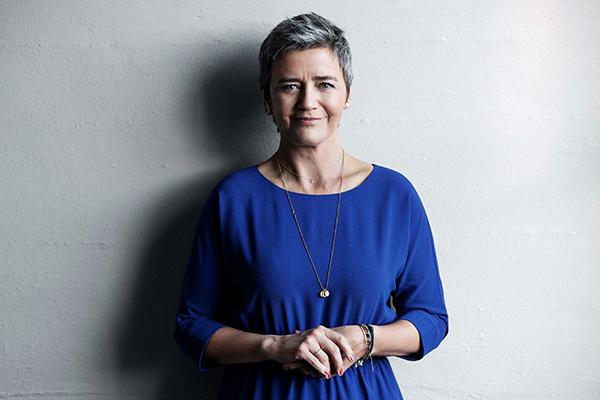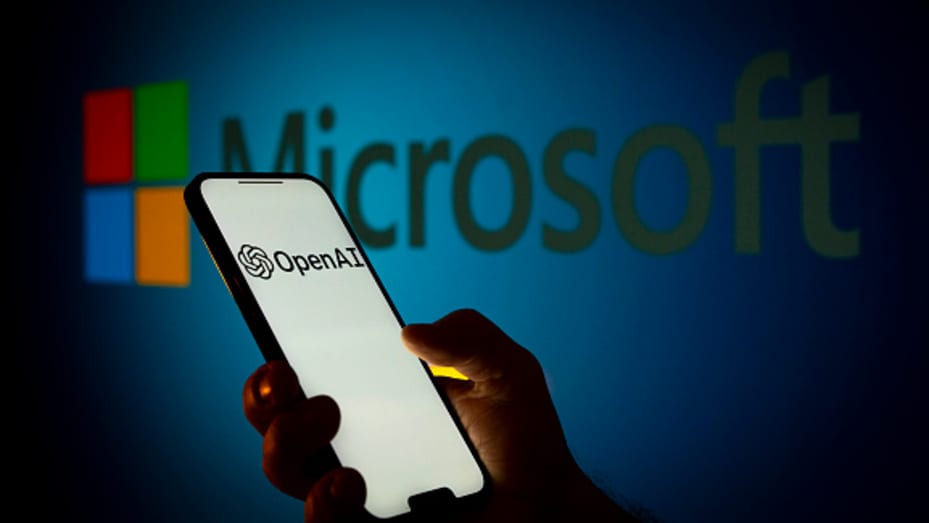Several months after Microsoft acquired an observer seat on OpenAI’s board, the company is now relinquishing its non-voting position
In a letter to OpenAI on Tuesday, Microsoft stated that it is confident in the AI company’s direction and has observed sufficient progress. Axios reported this information.
According to OpenAI, the board will no longer include any observers following this modification. That eliminates reports of Apple acquiring an observer seat.
“We are appreciative of Microsoft’s endorsement of the Board and the company’s trajectory, and we anticipate the continuation of our prosperous partnership,” OpenAI stated in a statement issued to TechCrunch.
“We are implementing a novel strategy for informing and engaging critical strategic partners, including Microsoft and Apple, as well as investors like Thrive Capital and Khosla Ventures, under the guidance of CFO Sarah Friar.”
Following the termination of Sam Altman and his subsequent rehiring by OpenAI last year, Microsoft assumed the observer role. Most of the board, except Quora CEO Adam D’Angelo, was reorganized.
Apart from D’Aneglo, the new board at OpenAI comprises former Salesforce co-CEO Bret Taylor, former Treasury Secretary Larry Summers, Instacart CEO Fidji Simo, ex-Sony Corp EVP Nicole Seligman, former Bill and Melinda Gates Foundation CEO Dr. Sue Desmond-Hellmann, ex-NSA head Paul Nakasone, and Sam Altman.
Some of the most distinguished researchers, including Andrej Karpathy and Ilya Sutskever, have departed OpenAI since last year’s overhaul. Sutskever established Safe Superintelligence Inc. (SSI) following his departure, with the primary objective of enhancing the safety of AI.
Although Microsoft has ceased to be an observer, the company still possesses 49% of the for-profit OpenAI, having invested nearly $13 billion.
According to an April report from Reuters, this type of partnership may provoke the ire of antitrust regulators in the EU.
Margrethe Vestager, the executive vice president of the European Union for competition policy, stated last month that these investments should not allow large technology companies to exert control over other corporations.

Source: The Commisioners – European Union
“Over the years, Microsoft has allocated $13 billion to OpenAI.” However, partnerships such as this mustn’t be a guise for one partner to exert control over the other, she stated in a speech.
